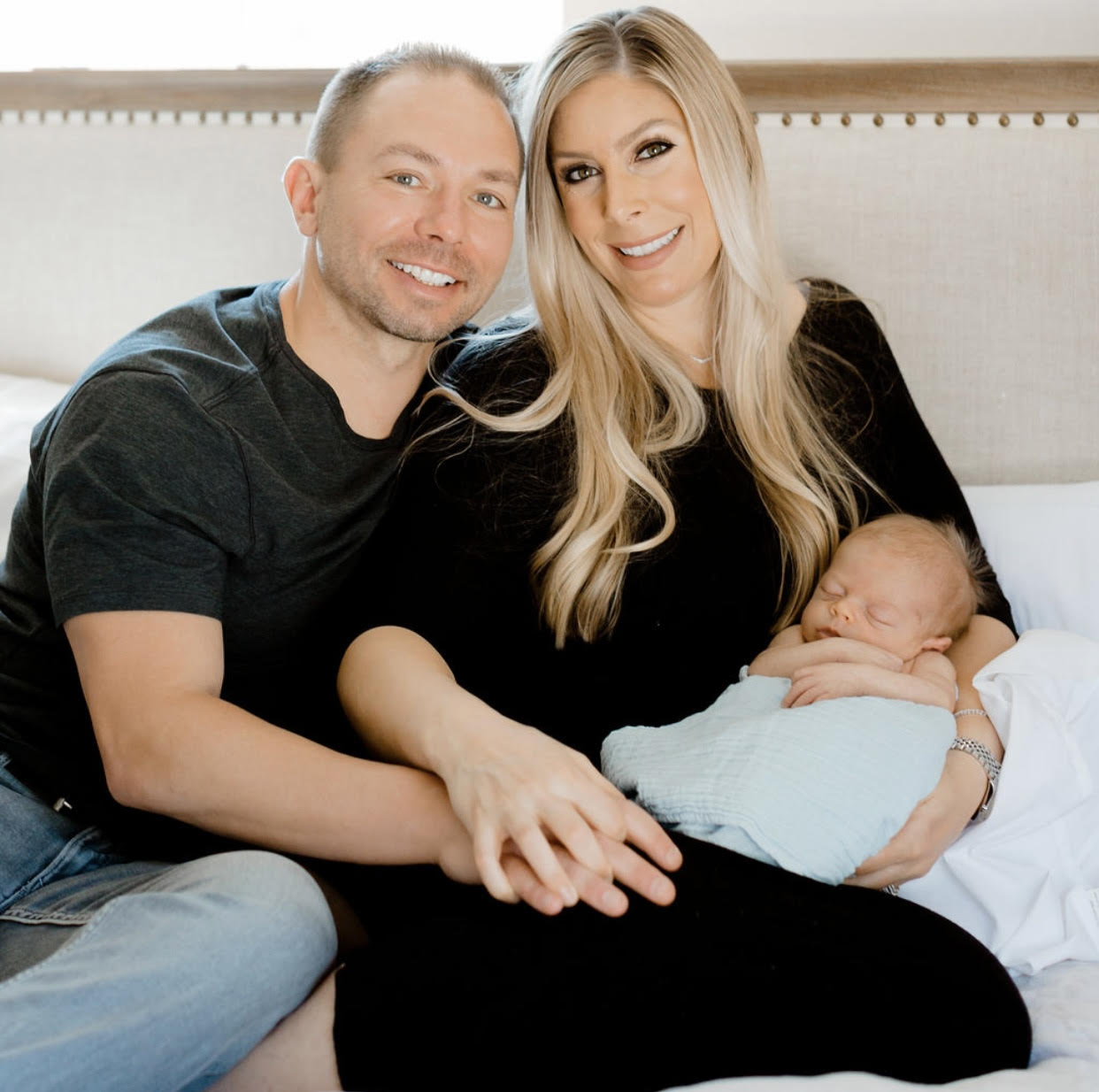Advanced maternal age
Advanced age plays an important role in a woman’s ability to become pregnant and carry a pregnancy to term. From ages 30 to 35, there is a gradual decline in a woman’s ability to become pregnant; after age 40, there is a sharp decline in conception.
The chance of miscarriage and chromosomal abnormalities also increases with age.
Schedule an AppointmentHow advanced maternal age affects fertility
Age is one of the most important factors influencing female fertility. While many women in their late 30s and early 40s successfully conceive, fertility naturally declines with age due to changes in egg quantity and quality. The impact of advanced maternal age on fertility can include:
- Diminished ovarian reserve, meaning fewer eggs available for fertilization.
- Lower egg quality, increasing the risk of chromosomal abnormalities.
- Higher likelihood of miscarriage due to genetic factors.
Unlike other fertility concerns, age-related fertility decline is a natural process that cannot be reversed. If you are 35 or older and trying to conceive, seeking guidance from a fertility specialist can help optimize your chances of a healthy pregnancy.
Diagnosing advanced maternal age
Your evaluation is likely to begin with your medical history and a pelvic exam. However, you may need other tests to determine whether your age is affecting your fertility, such as one or more of the following:
- Follicle-stimulating hormone (FSH): A blood test measures the amount of FSH in your blood; a high level of FSH in your blood at the beginning of your cycle may mean that your infertility is age-related.
- Estradiol: A blood test that measures the amount of estradiol (estrogen) in your blood; a high level in the beginning of your cycle may mean that your infertility is age-related.
- Anti-Müllerian hormone (AMH): AMH is the most accurate predictor of a woman’s egg supply. This test can be more accurate than FSH because there is no fluctuation from month to month and the test is not dependent on a woman’s menstrual cycle, which means women can have the test at any point.
- Antral follicle count (AFC): An antral follicle count is a very good predictor of how a woman will respond to fertility medication. A transvaginal ultrasound can view the uterine and ovarian anatomy and allow a physician to count the small resting (antral) follicles.
Fertility treatment options for advanced maternal age
Treatment plans for age-related fertility challenges depend on your reproductive health and family-building goals. At RSC, we offer a range of personalized fertility treatments, including:
- Fertility medications: Hormonal treatments to enhance ovulation and improve egg development.
- Intrauterine insemination (IUI): A potential option for women with good ovarian function.
- In vitro fertilization (IVF): Often recommended to maximize success rates, especially when egg quality is a concern.
- Donor eggs and embryos: Options for using donor eggs or embryos to increase the chances of a healthy pregnancy.
Our specialists will work closely with you to determine the best approach, combining medical expertise with compassionate care.
Take control of your fertility journey
Advanced maternal age doesn’t have to stand in the way of your dreams of parenthood. At RSC, we’re committed to helping you understand your condition, explore your options, and take confident steps forward.
More about advanced maternal age
Patient Story
Anonymous
Patient Story



